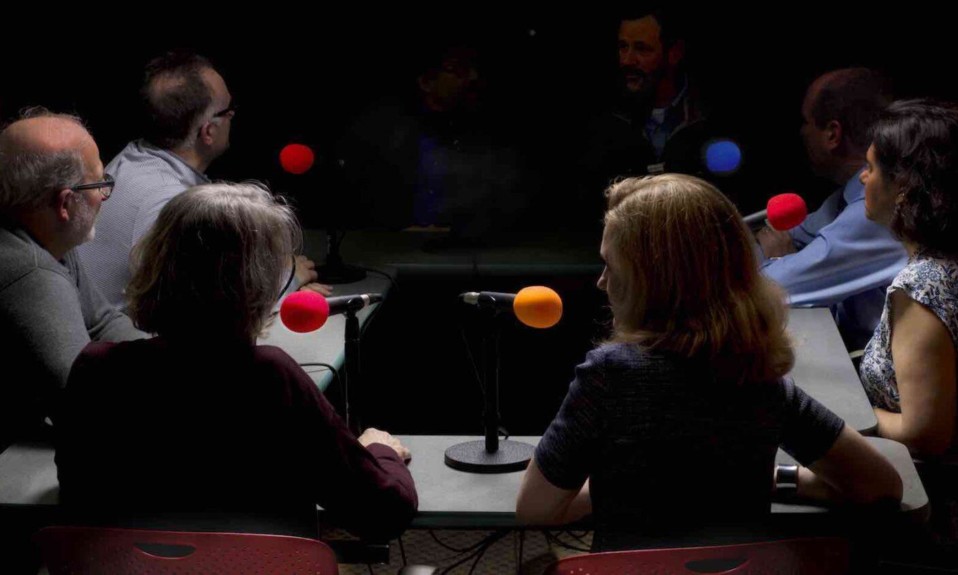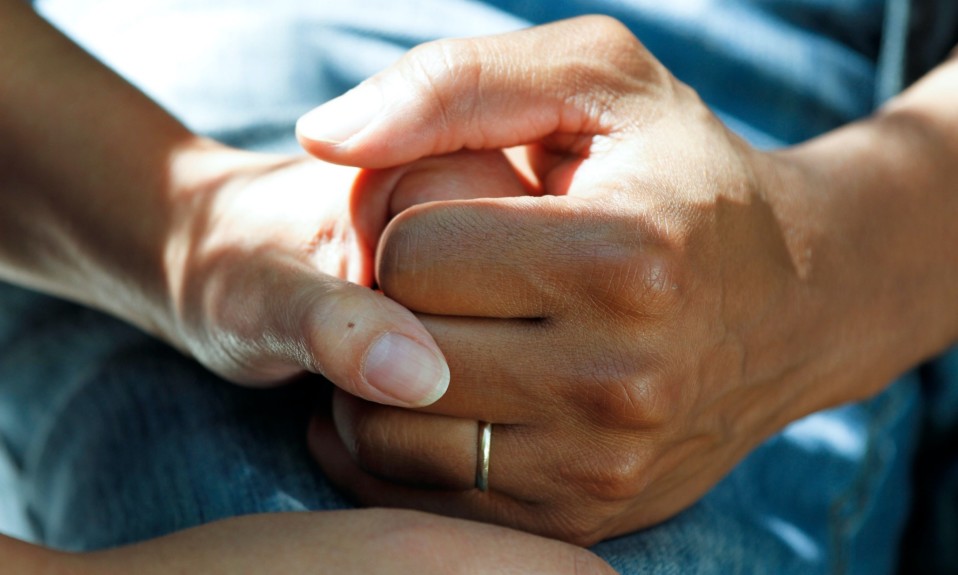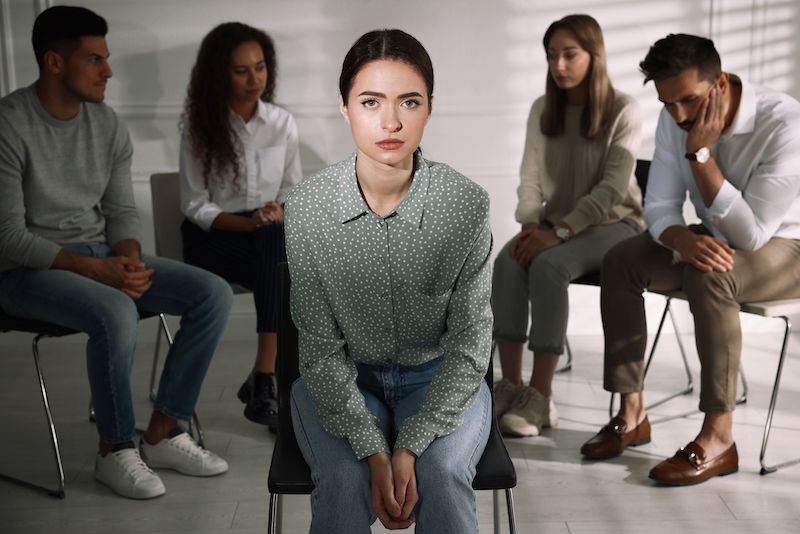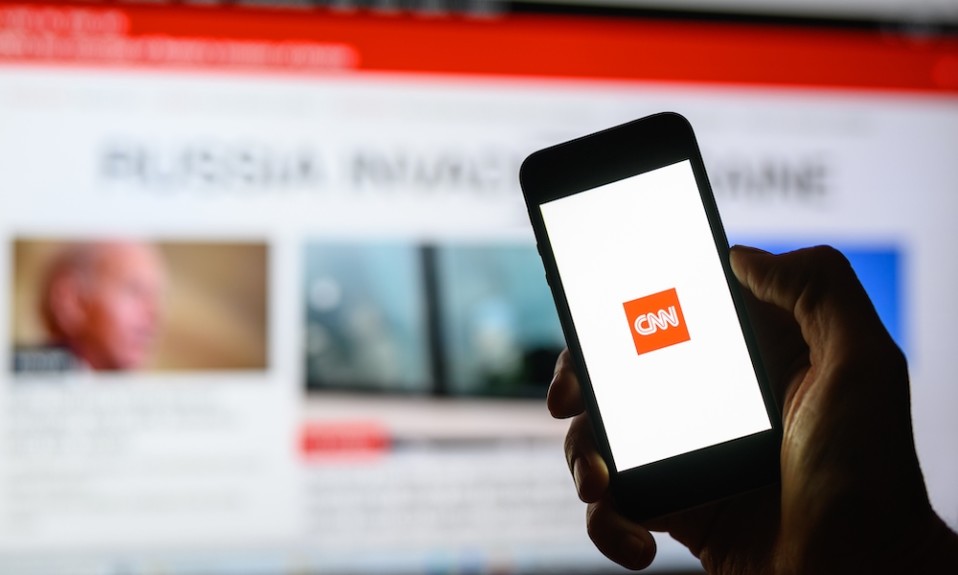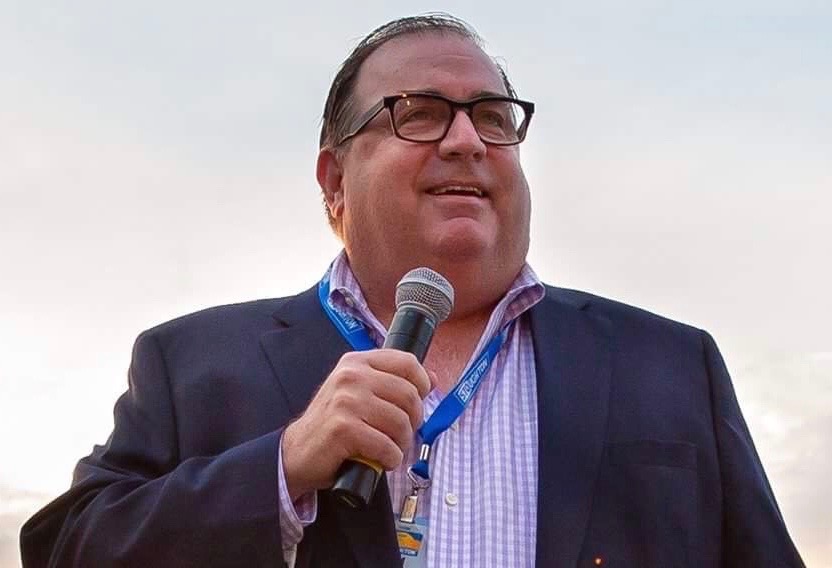My Child & Addiction—created by fathers who know firsthand what an offspring’s battles with alcohol and substances can do to a family—brings both unvarnished realism and comfort to the table
By William Wagner
April 15, 2021Meet Steve A., Jay and Stephen. Three regular guys. The Three Papas, as Steve A. likes to call them.
They have no medical degrees among them, no fancy acronyms festooning their deliberately semi-anonymous names. But they are rich in hard-won wisdom, which they’ve translated into a podcast called My Child & Addiction.
All three men saw the disease of addiction invade and then ransack their homes. Steve A.’s son suffered from opioid use disorder (OUD). Jay’s son was homeless for four and a half years as he slogged through addiction and mental health crises, while Jay’s daughter had psychiatric issues that caused her to self-medicate. Stephen’s son fell victim to alcohol use disorder (AUD).
When I realized I wasn’t going to be the papa who could fix it all, my frustration was expressed in the desire to use the tools I had to do something that might help other families.”—Steve A.
As their ordeals wore on, The Three Papas felt increasingly powerless to “cure” their children. But they were determined to at least level-set their own lives—and maybe help other parents who were going through the same thing. The question was, how?
“I finally accepted that I could not fix my kid—that I could not get the pink medicine to take care of an ear infection like I did when my son was growing up, and he’d be better 24 hours later,” says Steve A., 69. “When I realized I wasn’t going to be the papa who could fix it all, my frustration was expressed in the desire to use the tools I had to do something that might help other families.
“I got together with a couple other fathers [Jay and Stephen]—dear brothers now but fathers who were in the same parent support group [as Steve A. at the time]. I’m not good at being on the sidelines. I had to do something. What service could I do?”
The people in the [addiction treatment] industry are the most incredible human beings I’ve ever met. I always say to them, ‘I wish I knew none of you, but my life would not be as fulfilled.’ ”—Jay
The three settled on a podcast that would replicate the parent support meetings that had helped them ride out the toughest of times. With assistance from Caron Treatment Centers, they got the series up and running about five years ago. It didn’t matter that none of the trio knew the first thing about podcasting (Steve A. was a documentary filmmaker, Jay a wealth manager, Stephen a Wall Street investor). Dozens of episodes and roughly 80,000 downloads later, My Child & Addiction is still going strong.
“One of the things that’s true about the recovery community, and being a parent who has a child in recovery, is that people are laying it on the line,” Stephen says. “They’re putting out their vulnerability. People can access our podcasts anywhere. It creates a potential connection. It also gives people insights that are very rare.”
Or as Steve A. says, “You can plug [the podcast] into your ear and let it go to your brain and your heart, and it’s a message of hope and passion. It provides support, if just for that day, to get to the next day.”
The Format of My Child & Addiction
My Child & Addiction has a refreshingly low-tech, no-frills vibe. It’s the audio equivalent of sitting on a hard, cracked chair in a musty community center basement, with nothing to steal your attention away from the folks circled around you who are spilling their guts. There are no commercials and no “celebrity guests.” It’s 20-odd people, including The Three Papas and a clinician from Caron who keeps the conversations on track (just as in a real support meeting), trying to make sense of their upside-down lives.
What I found to be most the helpful asset was being in a room with experienced parents and a professional, having conversations around what was happening and problems and issues and how to handle them. To me, the podcast is a recreation of that.”—Stephen
In an episode entitled “Expectations,” a participant called V says, “I continue to work on staying in my lane.”
In “High Anxiety,” a dad named Peter offers, “We’ve learned an awful lot, and a lot of it has been from groups like this. It’s been a safety net.”
And so on.
My Child & Addiction is a cathartic hour of podcasting, with real benefits from the shared experiences of the hosts and participants.
“It was very, very difficult to get [valuable] information and insights,” Stephen says of the early days of his family’s addiction problems. “There were all sorts of things that were recommended. What I found to be the most helpful asset was being in a room with experienced parents and a professional, having conversations around what was happening and problems and issues and how to handle them. To me, the podcast is a recreation of that.”
The Impact of My Child & Addiction

For Jay, the podcast is a continuation of a journey he’s been on for a while. When his children fell ill, he dedicated virtually all of his time outside of work to learning about addiction and recovery.
“The people in the [addiction treatment] industry are the most incredible human beings I’ve ever met,” says Jay, 62. “I always say to them, ‘I wish I knew none of you, but my life would not be as fulfilled.’ And I believe that.”
My Child & Addiction represents an opportunity for Jay and his two partners to spread that goodness.
“There are plenty of people who don’t believe support groups are necessary. I never thought they were,” Jay says. “But [support groups] were why I was able to survive this. To me, it’s way beyond support—it’s the education in these meetings. It’s incredibly important. I’m hopeful people will learn about this [podcast] and find value in it and feel a little better, and maybe even look for a meeting in person.”
Those meetings are where the healing can begin, whether or not the fates deal out a happy ending to the child of the parents. Jay, Stephen and Steve A. know this as well as anyone.
“When the tsunami struck our household, my wife and I were clueless,” Steve A. says. “Addiction and mental health are whispered diseases.”
The Three Papas are doing their part to amplify the discussion.
Bottom photo: Joice Kelly


